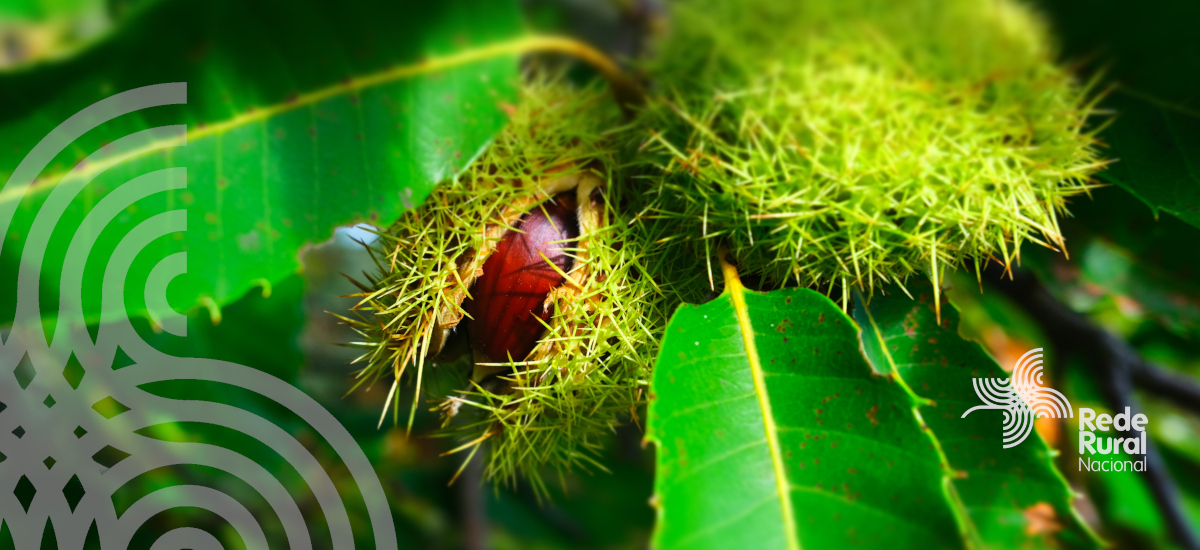Climate change is expected to advance grapevine phenological stages. After the calibration and the validation of a degree-days model, we were able to accurately simulate dates of budbreak,
...Although yield and total biomass produced by annual legumes remain major objectives for breeders, other issues such as environment-friendly, resource use efficiency including symbiotic
...Question: In deciduous-dominated forest landscapes, what are the relative roles of fire weather, climate, human and biophysi- cal landscape characteristics for explaining variation in large fire
...Irrigated agriculture is likely to be affected by the changes in temperature and precipitation patterns due to climate change. Particularly in Greece, on account of higher temperatures and
...The grapevine plays a very important role in the economic, social and cultural sectors of many regions; however vineyards are often grown in regions under stressful conditions and thus they are
...Climates are changing worldwide at rates not seen previously in geological time. This affects food production itself and the growth and reproduction of plant pathogens which reduce crop yield and
...Applying standard decision-making processes such as cost-benefit analysis in an area of high uncertainty such as climate change adaptation is challenging. While the costs of adaptation might be
...Extreme climatic events (ECEs) – such as unusual heat waves, hurricanes, floods, and droughts – can dramatically affect ecological and evolutionary processes, and these events are projected to
...The aim of the present study was to explore possible effects of climate change on the geographic range or local impact of several forest-pathogenic fungi. To this aim, (i) the parameters of
...Climate change is characterized by higher temperatures, elevated atmospheric CO2 concentrations, extreme climatic hazards, and less water available for agriculture. Sunflower, a spring-sown crop
...
























